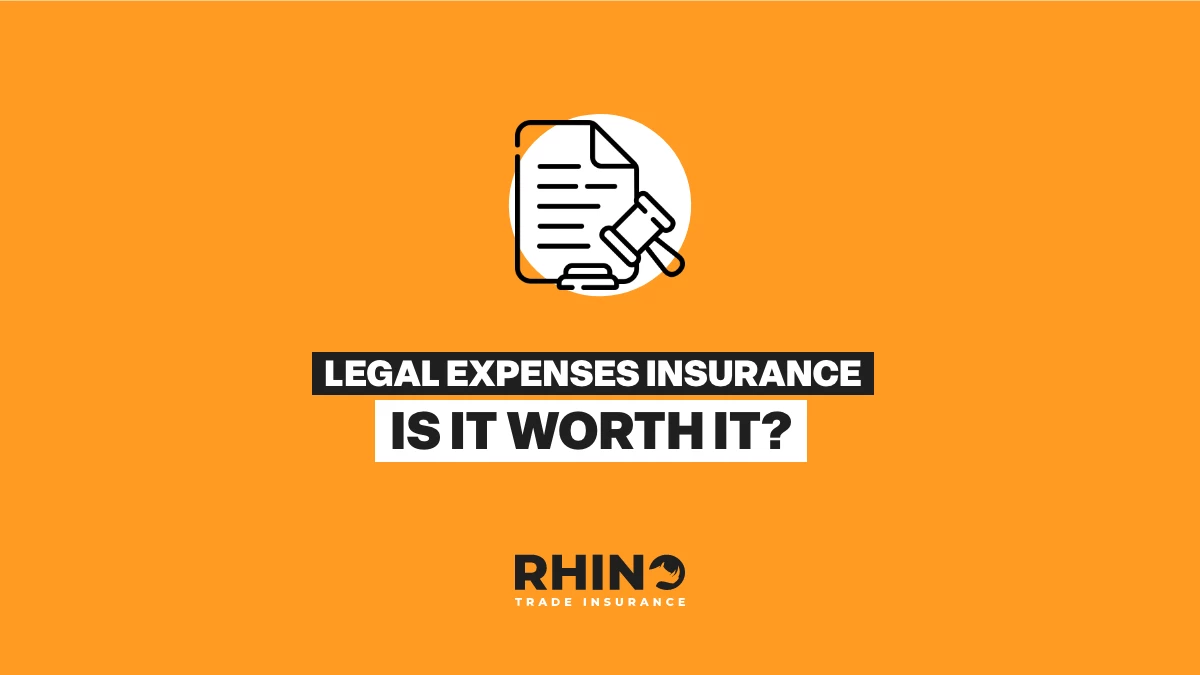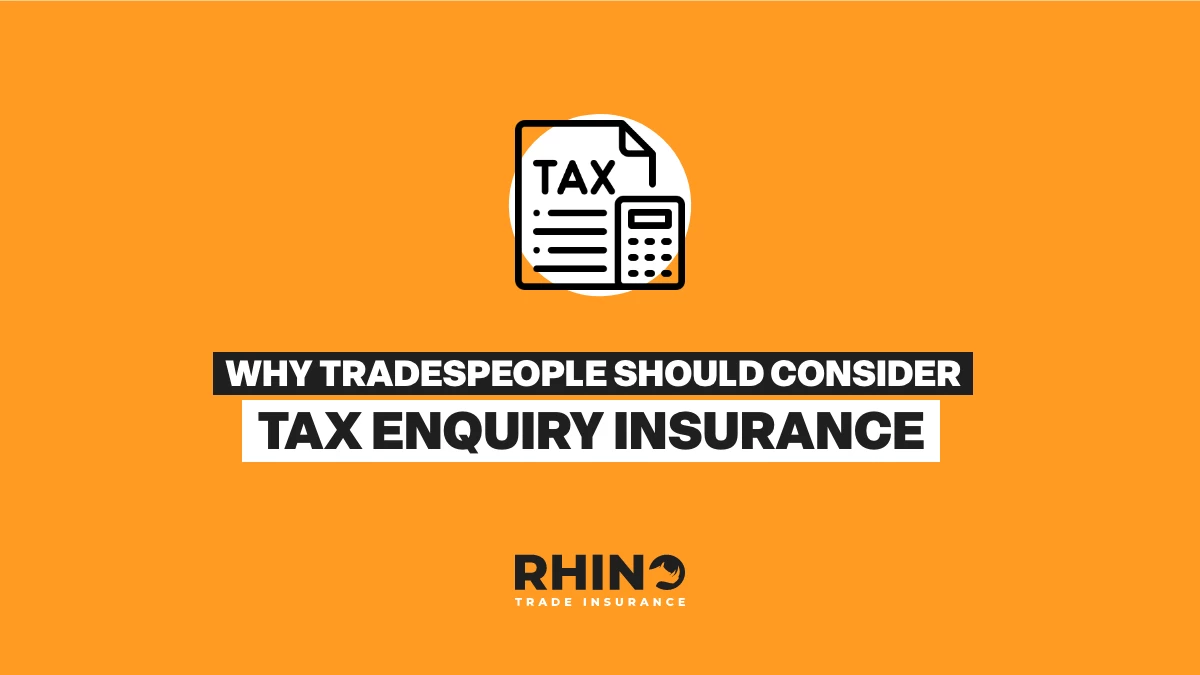
Legal Expenses Insurance – Is it Worth It?
Legal Expenses Insurance for tradespeople explained—what it covers, when you might need it, and how it protects against costly legal fees.
For tradesmen and women in the UK, tax and the end of the tax year can be as complex as any construction project. Company Tax Returns and Corporation Tax often seem like a maze of rules and paperwork but are crucial to your trade business. Fear not! This blog post aims to shed some light on it all, providing valuable insights and practical tips for navigating the tax landscape.
The Basics of Company Tax Returns
Every business entity, including sole traders and partnerships, is required to submit Company Tax Returns. These returns provide a comprehensive overview of the company's financial activities, ensuring transparency and accountability. For tradespeople running a company, this process is essential for maintaining compliance with His Majesty’s Revenue and Customs (HMRC).
Key Components of Company Tax Returns
Breaking down the Company Tax Returns into manageable components can make the process less overwhelming. Tradespeople should familiarise themselves with key elements such as:
Corporation Tax Explained
Corporation Tax is a tax on a company's profits, and it's distinct from other forms of business taxation. For tradespeople operating as limited companies, understanding the ins and outs of Corporation Tax is vital for financial planning and compliance.
Calculating Corporation Tax Liability
Calculating Corporation Tax can be a nuanced process involving factors like:
Capital Allowances for Tradespeople
Tradespeople often rely on specialised tools and equipment to carry out their work. Leveraging capital allowances allows you to deduct the cost of these assets from your profits, reducing your overall tax liability. Keep detailed records of these assets, as they can be a valuable resource come tax time.
Research and Development (R&D) Tax Credits
Innovation is at the heart of many trades, and the UK government recognises and rewards companies investing in research and development. Tradespeople engaged in innovative projects may qualify for R&D tax credits, providing a financial boost and encouraging further advancements.
Annual Investment Allowance (AIA)
The AIA allows businesses to deduct the full value of qualifying plant and machinery expenditures from their profits before tax. For tradespeople frequently updating their equipment, the AIA can lead to substantial tax savings.
Record-Keeping Best Practices
Maintaining accurate and organised records is the backbone of successful tax compliance. Tradespeople should implement robust record-keeping practices, documenting all financial transactions, receipts, and invoices. This not only facilitates smooth tax return preparation but also serves as a safeguard in case of an audit.
Deadlines and Penalties
HMRC imposes strict deadlines for submitting Company Tax Returns and paying Corporation Tax. Tradespeople must be aware of these deadlines to avoid penalties and interest charges. Implementing a proactive approach and seeking professional advice can help ensure timely compliance.
Seeking Professional Guidance
Navigating the intricacies of Company Tax Returns and Corporation Tax can be challenging, especially for those unfamiliar with financial regulations. We encourage Tradespeople to seek the assistance of qualified accountants or tax professionals who specialise in the construction and trades industry. Professionals with this experience can provide tailored advice, maximise tax efficiency, and help avoid costly mistakes for your business.
Let's explore a couple of case studies featuring successful tradespeople who mastered the art of tax planning:
By understanding the intricacies of these financial obligations, tradespeople can optimise their tax positions, reinvest in their businesses, and pave the way for sustained growth.
Always remember to stay informed, seek professional advice, and embrace the tax benefits available to your trade business - it can really go a long way!
With all this said, don’t forget your trade insurance! We at Rhino Trade Insurance offer exceptional value for money when it comes to your business protection. You can protect against tax inquiries, damage to property or injuries to your employees. Just get a quick and easy quote online or call our team in Leicester on 0116 243 7904.
Legal Expenses Insurance for tradespeople explained—what it covers, when you might need it, and how it protects against costly legal fees.
Worried about a tax investigation? With HMRC cracking down in 2025, Tax Enquiry Insurance from Rhino gives UK tradespeople expert protection and peace of mind.
Rhino Trade Insurance CEO Troy Stevens joins industry leaders at the House of Commons to discuss the rising issue of tool theft—highlighting its impact on UK tradespeople and the importance of awareness and protection.
Tell us your trade and get a tailored insurance quote for your business in seconds
Our team of experts are available to talk to Mon-Fri 08.30-17.30 and Sat 10.00-14.00

